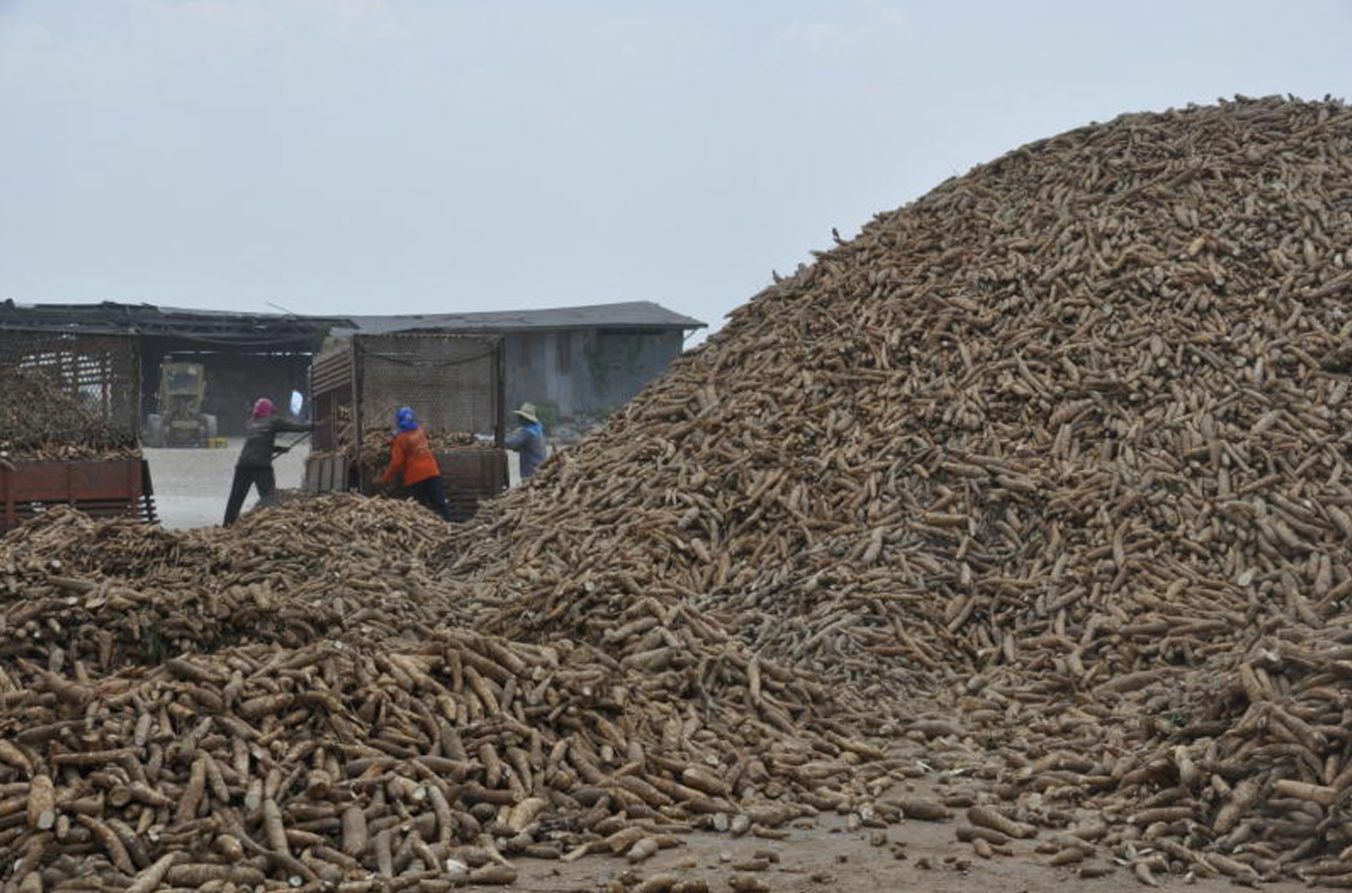Cassava scandal: Ex-PWO chief probed over 1 billion baht loss from Thai warehouses

The National Anti-Corruption Commission (NACC) has been called upon to investigate the alleged misconduct of the former acting head of the Public Warehouse Organization (PWO) in Thailand, which has led to losses of over 1 billion baht. The cassava scandal case revolves around the disappearance of approximately 30,000 tonnes of cassava, originally valued at 210 million baht, during a 2008 government pledging project.
The lost cassava stock, which has since reportedly increased in value to over 1 billion baht, vanished from 12 privately owned warehouses that had been contracted by the government to store the produce. The missing stock of the cassava scandal was initially uncovered by a 2020 ad hoc inspection committee, which included representatives from PWO, the Internal Trade Department, the Department of Foreign Trade, and the warehouse owners themselves.
In response to the cassava scandal discovery, the PWO has pursued both criminal and civil action against the warehouse owners. However, the former acting PWO chief allegedly attempted to assist the owners by loosening regulations, allowing them to return the lost stock and thereby evade legal prosecution. The returned stock consisted of inexpensive, low-quality cassava, priced at a mere 200 baht per tonne, far below the pledged price of 7,000 baht per tonne.
According to Kriangsak Pratheepwisarut, the current PWO director, findings from the PWO’s investigation team indicate that the former acting chief’s actions, which facilitated the procurement of inferior-quality cassava, constitute an abuse of authority. These findings aligned with the results of the joint inspection committee in the cassava scandal.
Kriangsak also claimed that six out of the twelve warehouse owners have allegedly admitted to the vanishing of the cassava stock in the cassava scandal. After the end of the former acting chief’s tenure, PWO had withdrawn five orders requesting compensation from the warehouse owners. Notably, the recovered cassava, which was subsequently auctioned off, garnered less than 6 million baht, reported Bangkok Post.
Latest Thailand News
Follow The Thaiger on Google News:
























